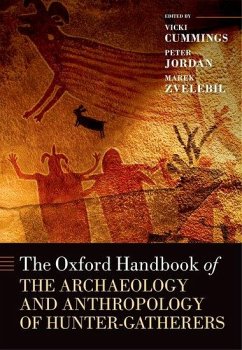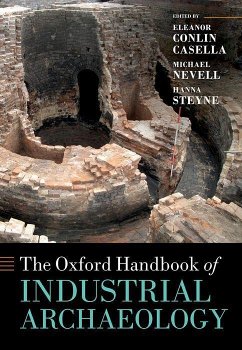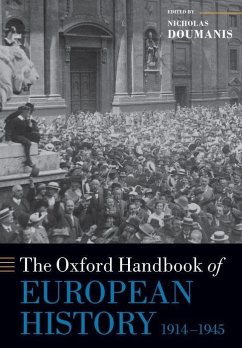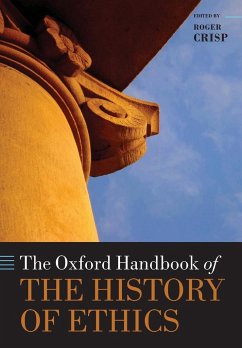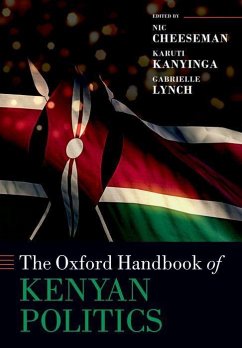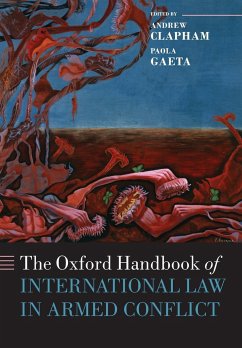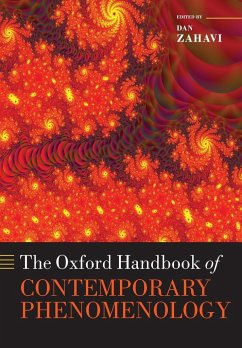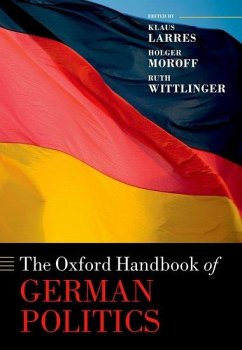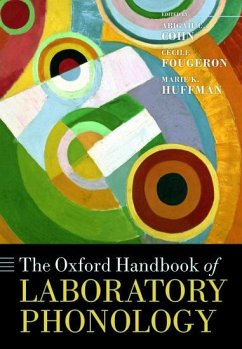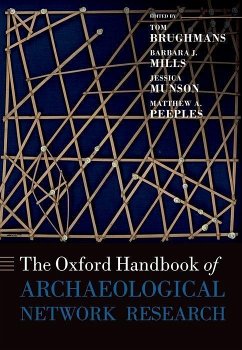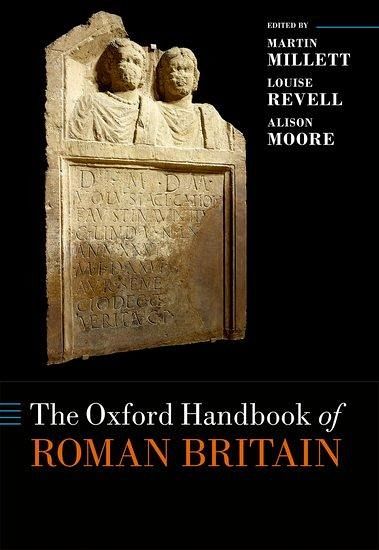
Broschiertes Buch
The Oxford Handbook of Roman Britain
Versandkostenfrei!
Versandfertig in über 4 Wochen

PAYBACK Punkte
27 °P sammeln!




This book provides a twenty-first century perspective on Roman Britain, combining current approaches with the wealth of archaeological material from the province.
Martin Millet is a graduate of the University of London Institute of Archaeology with doctorate from the University of Oxford. He has worked at the Universities of Durham and Southampton before moving to Cambridge in 2001. He is active in fieldwork in northern England and central Italy, and has previously run projects in Spain and Portugal. His principal interests lie in the social and economic archaeology of the Roman world. Louise Revell is a Lecturer in History at the University of Southampton. Her primary interest is in the impact of Rome on the provincial communities of the western empire. She currently hold a Getty Fellowship as part of the Arts of Rome's Provinces workshop. Alison Moore is a graduate of the Universities of Kent and Southampton with doctorate from University of Southampton. She has lectured at Southampton & Canterbury Christchurch University and her principal interests social archaeology of the Roman Empire, age and the life course.
Produktdetails
- Oxford Handbooks
- Verlag: Oxford University Press
- Seitenzahl: 932
- Erscheinungstermin: 31. Juli 2020
- Englisch
- Abmessung: 247mm x 172mm x 44mm
- Gewicht: 1550g
- ISBN-13: 9780198854890
- ISBN-10: 0198854897
- Artikelnr.: 58341506
Herstellerkennzeichnung
Libri GmbH
Europaallee 1
36244 Bad Hersfeld
gpsr@libri.de
Für dieses Produkt wurde noch keine Bewertung abgegeben. Wir würden uns sehr freuen, wenn du die erste Bewertung schreibst!
Eine Bewertung schreiben
Eine Bewertung schreiben
Andere Kunden interessierten sich für


